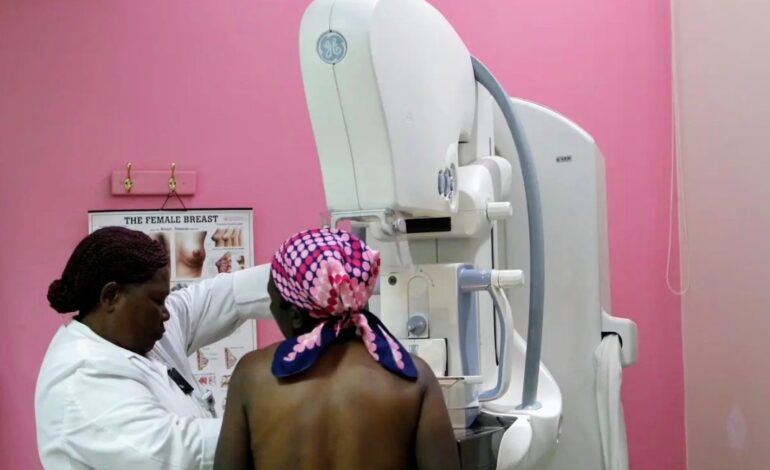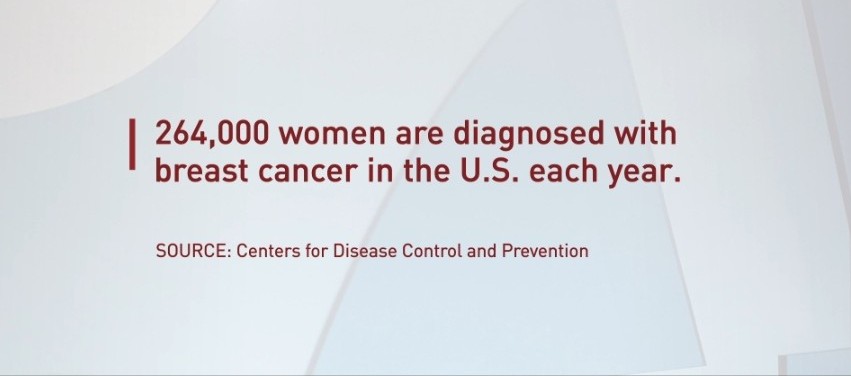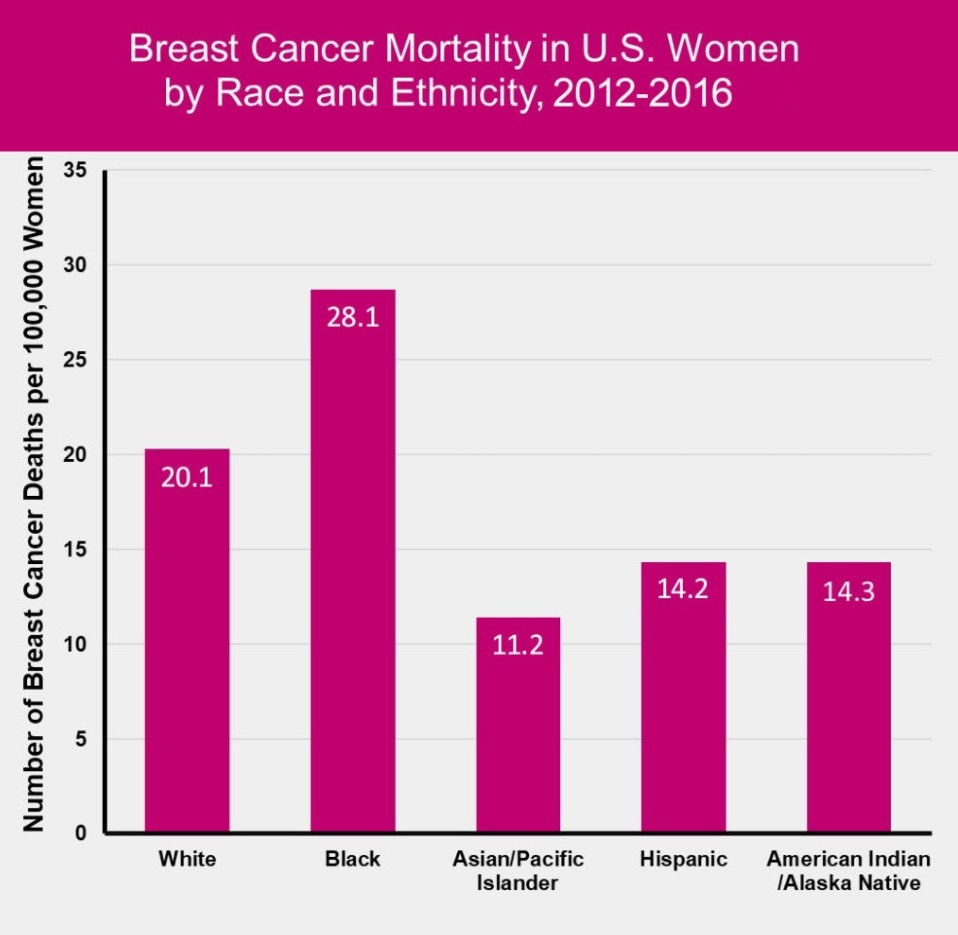
Maina wa Njuguna
All women aged 40 to 74 years should be screened for breast cancer every other year, according to a draft recommendation statement from the U.S. Preventive Services Task Force.
While these recommendations are general, individuals can assess their personal risks, which may differ from person to person such as one’s family health history with the help of health professionals.
Breast cancer is treatable especially when caught early with the use of mammograms and reliable screenings.
Breast cancer is the second-most common cancer and the second-most common cause of cancer deaths in the U.S.; with an estimated 43,250 loss of lives just last year, 2022.

The recommendations encouraged women to be screened every other year and not annually to avoid an increase of false positives and the unnessesary challenges that come with that.

AFRICAN DECENT/ BLACK WOMEN RECEIVE INFERIOR BREAST SCREENING & TREATMENT
The American College of Radiology confirms that African/ Black Women are more likely to receive inferior breast cancer screening than White women.
Women of African heritage/ Black are 40% more likely to die from breast cancer than White women.
The link below highlights health-care disparities experienced by African/ Black women.
Breast cancer is also the second leading cause of cancer death among Black/African-American women after heart disease.
Breast cancer mortality rates at age 40 to 49 years are much higher for African/ Black women than for others. African/ Black women reach a 10-year cumulative risk threshold at age 42 years vs. age 61 years for Asian women.

Survival rates differ, but some major factors to treatment variances include:
- Differences in tumor biology and genetics
- Prevalence of risk factors, including being over weight and obesity
- Barriers to quality health care access, such as not having health insurance, primary care
- Health behaviors, and observing health-care professional instructions
- Later stage of breast cancer at diagnosis

CANCER IN ADULTS UNDER 50 ON THE RISE GLOBALLY
According to internal medicine specialist at UCLA Dr. Carol M. Mangione, the evidence has shifted in support of recommending mammograms for all women at 40.
“There are a lot more women getting breast cancer, and that influences our recommendation”
Dr. Carol M. Mangione
A press release by Brigham and Women’s Hospital last September titled Cancers in Adults Under 50 on the Rise Globally just puts a chill on the spine especially with these new guidelines. See the link below.
https://www.brighamandwomens.org/about-bwh/newsroom/press-releases-detail?id=4250
The study revealed that the incidence of early onset cancers (those diagnosed before age 50), including cancers of the breast, colon, esophagus, kidney, liver, and pancreas among others, has dramatically increased around the world, with this drastic rise beginning around 1990.
OTHER HEALTH NEWS




